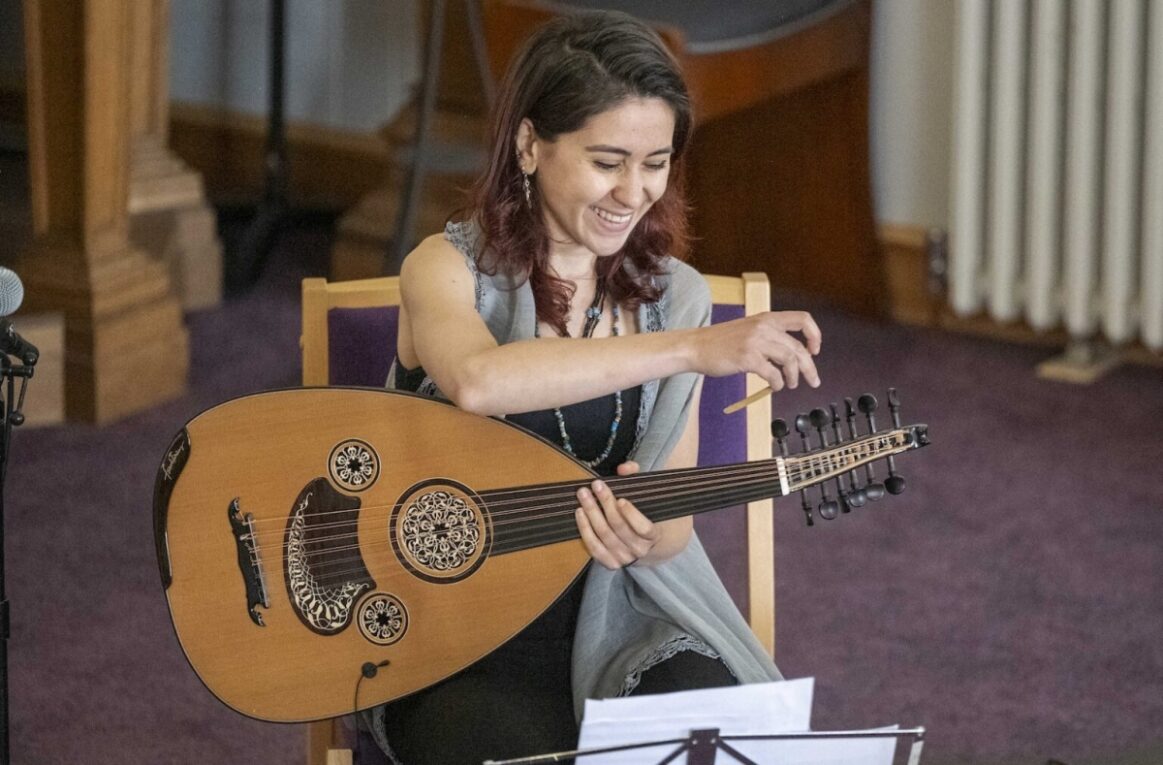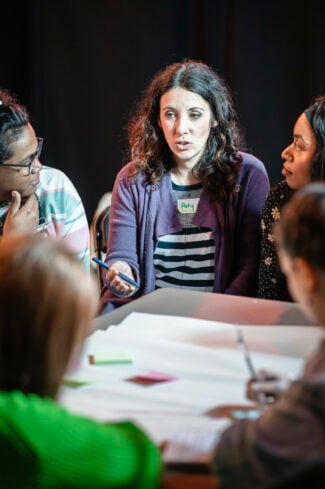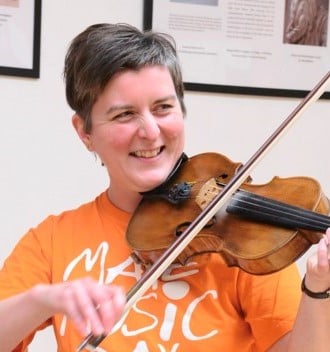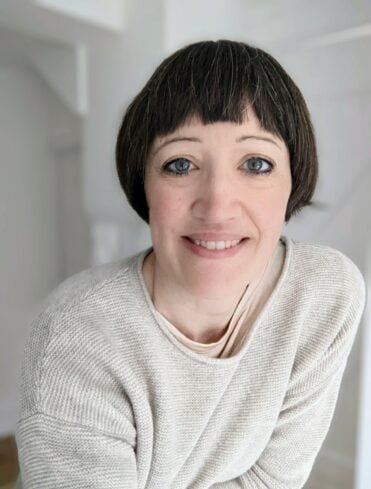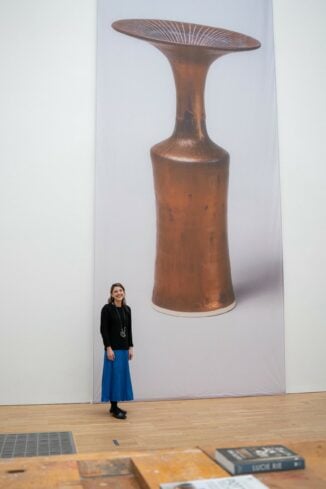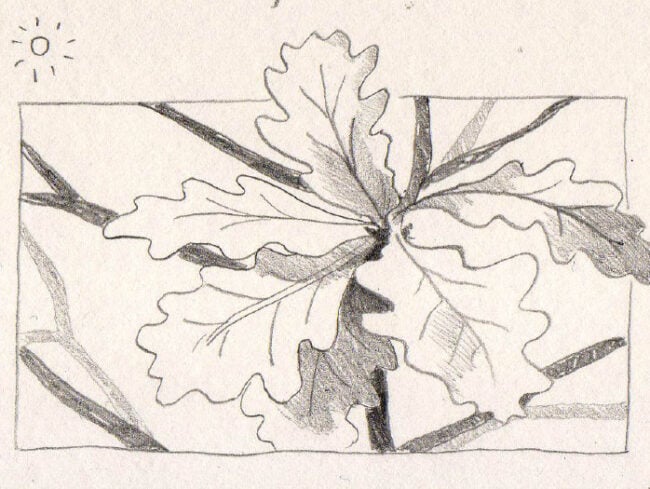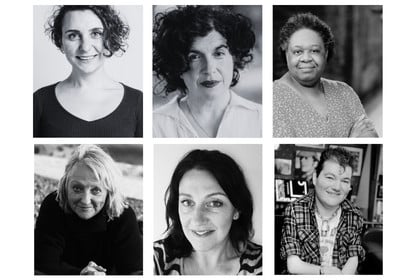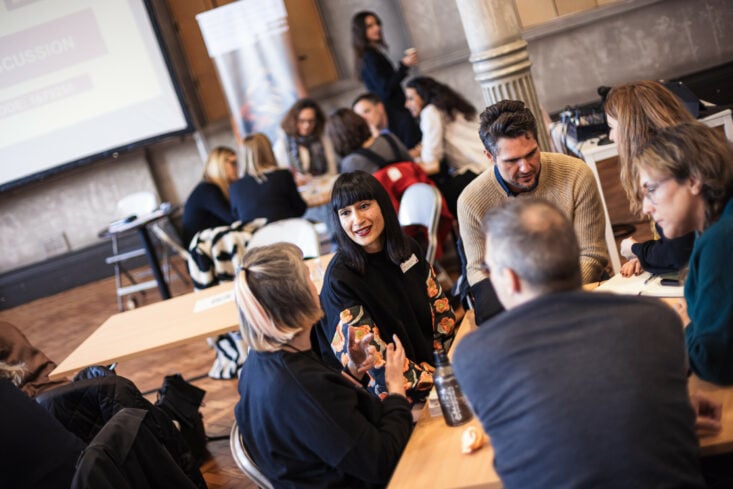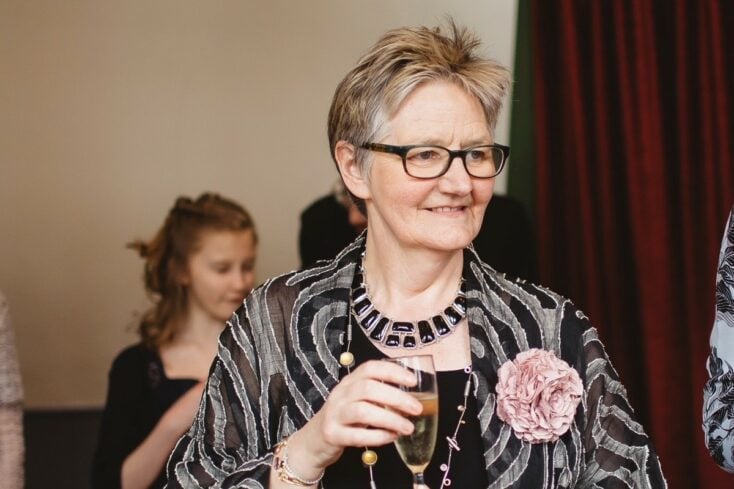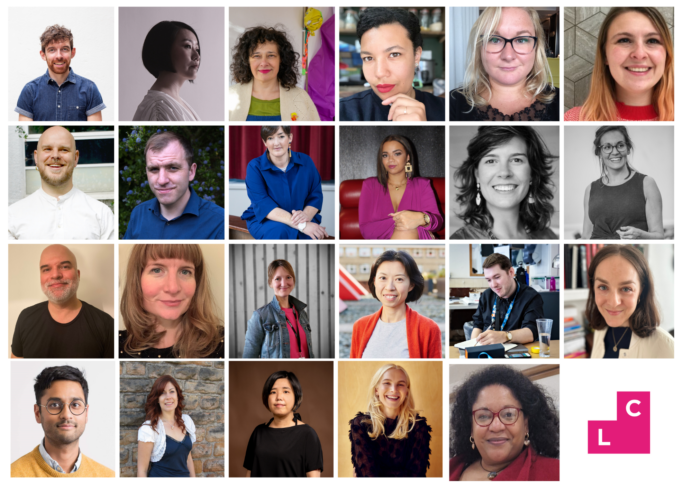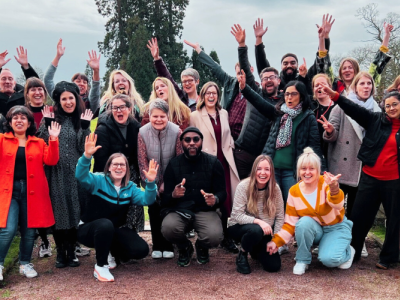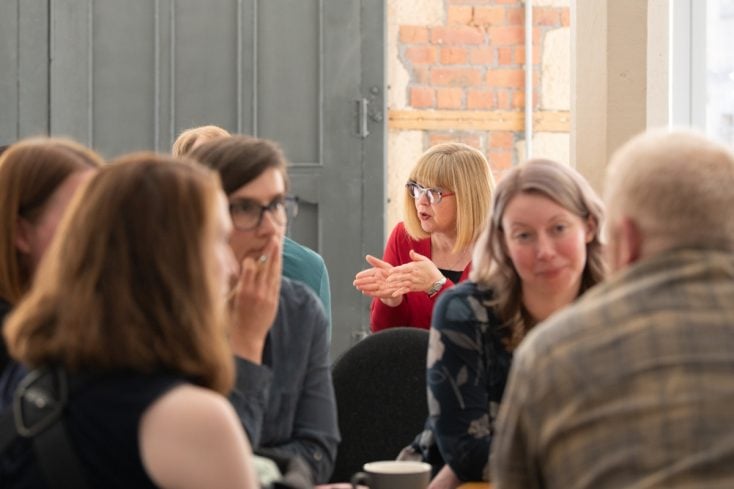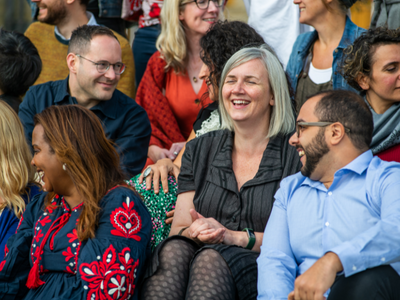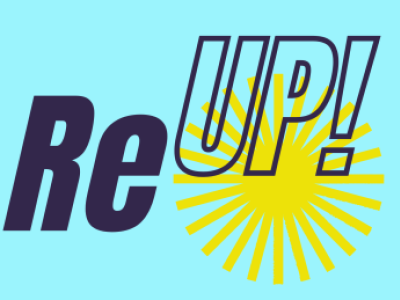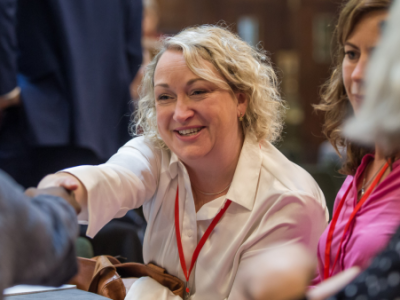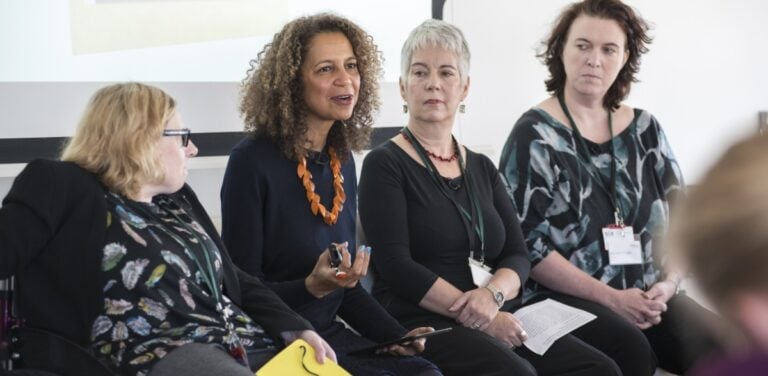Leadership & Leaving
I grew up in Syria, during a time when so much around me felt ableist, misogynistic, male-dominated and explicitly hierarchical.
I’m a woman. I have always been short, softly-spoken, introverted, neurodivergent and historically marginalised and overlooked. I never really knew what it meant to be included without having to fight for a spot. Life always felt like a game of musical chairs (terrible game in my opinion), and because I’ve always hated the inevitability of excluding people that’s built into that game, I frequently preferred to be the person who does not fight for a chair.
The unspoken message I received from childhood onwards was that in order for someone like me to be acknowledged, I needed to “stand out” in something and rise up in the ranks.
So I did.
The “chairs” I have tried to sit in have frequently been ones that came with massive amounts of work and worry that very few other people wanted in the first place.
My understanding of leadership was to always be “right” and fight your corner in the hierarchy.
It took me a very long time to come across empowering values that allowed me to start questioning hierarchical structures altogether. I can’t remember the first time I discovered that an idea I had was a solution someone else higher up hadn’t thought of, but that must have been a confusing moment of realisation for me. That’s another thing hierarchical structures can do, of course – they rob you of the ability to imagine.
The message I had received and internalised was that if someone higher up ever listened to me, I should be grateful and chuffed, and that I should always be working harder to try and convince them of my ideas, whilst always making sure to convey that I understand my “smaller” place in the system.
The other dangerous thing about hierarchies, I have found, is that they branch out into other hierarchies. It’s like a network of similarly-shaped machines. So you constantly find yourself moving from one to another, fitting in, unless you can cut yourself off and accept that you will no longer hold the type of “value” or “rank” you’ve been accustomed to holding.
When you leave structures like these, you can experience a value “lag” or even “void” as your mind might tempt you to think. This is a crucial time to regroup through learning about more inclusive values and work cultures. There’s real consolation in knowing that what you wished for exists somewhere else, not too far from where you are.
When I was holding a role ostensibly related to inclusion I realised that I was not being supported with meaningful non-hierarchical organisational connections, resources, or encouragement to experiment.
I gradually felt insulted and undignified as my initiatives were faced with scepticism, life-sucking scrutiny and frequently even ignored, unlike demands from further up in the hierarchy. I came to see that there was a massive meaning gap in our understanding of what an inclusion role in this organisation should entail, and the importance of this opportunity to build trust and momentum, and most fundamentally: a new work culture.
Through my experiences and through Inclusive Cultures, I have come to see how important it can be to say NO. That as a leader, when one is finally given a little space for a short amount of time to allegedly “influence change” and face the ever-increasing number of structural and attitudinal blockages on the way, that a leader’s response can also be to say NO and walk away.
For me, Inclusive Cultures generated a whole new meaning-related enquiry into what “leadership” means. My instinct now is pointing more towards an understanding that leadership is not a prefix, not a thing in itself, but rather almost like an adjective that follows not precedes. It’s something I’m now tempted to appreciate more and more deeply, in the context of hindsight.
I’ve come to believe that change can thrive only in an interconnected, interdependent peer culture, and that hierarchies need to come to terms with that model to begin the process.
Was I a leader when I left my role? Yes, I think so. I think it was (at least one of) the best “leadership” action(s) I could have taken in the circumstances. I’d like to think that I sent a shockwave across the system – even if a small one – and that, as a result, faster and more meaningful change will find its way into the organisation, with a willingness to learn, integrate inclusion on a daily basis and to invest, invite, take risks and not waste time.
For myself, the decision to say NO was freeing, empowering and enabling.
It restored the much needed alignment I’d missed with my values and views. My compass is working again and it is joyfully reaching out outwards in all directions from deep within, as it used to.
Rihab is an oud player and music facilitator, graduate of the conservatoire of Damascus (2014). Recognised by Arts Council England as a musician with Exceptional Promise (2016). MA in Music Education, UCL (2018) and a Chevening scholar (2015).
Rihab was the first woman oudist to perform accompanied by the Syrian National Orchestra for Arabic Music (2014). Strongly influenced by Middle-Eastern music, as well as frequently collaborating with musicians, ensembles and orchestras combining different genre focuses, Rihab has written and arranged music for solo oud as well as various interdisciplinary projects combining visual arts, story telling, theatre and radio plays. She’s Wigmore Hall’s Trainee Music Leader for 22-23.
As well as composition, performance & music facilitation, Rihab is frequently invited in different professional circles to contribute with her experience and insights around issues such as migration, equity/diversity/inclusion, intercultural music-making, education and wellbeing. She’s particularly interested in speaking to these issues through the lens of her experience as a neurodivergent woman.
Themes Inclusive Leadership Practice Qualities of Leadership
